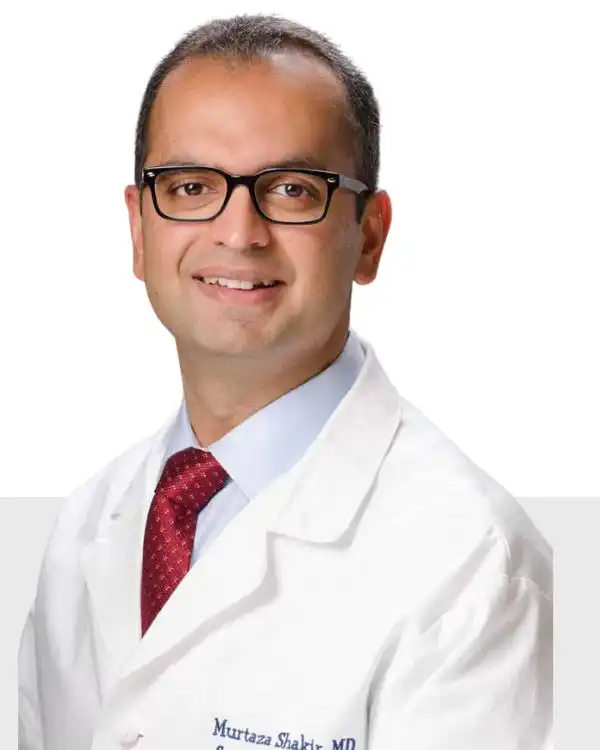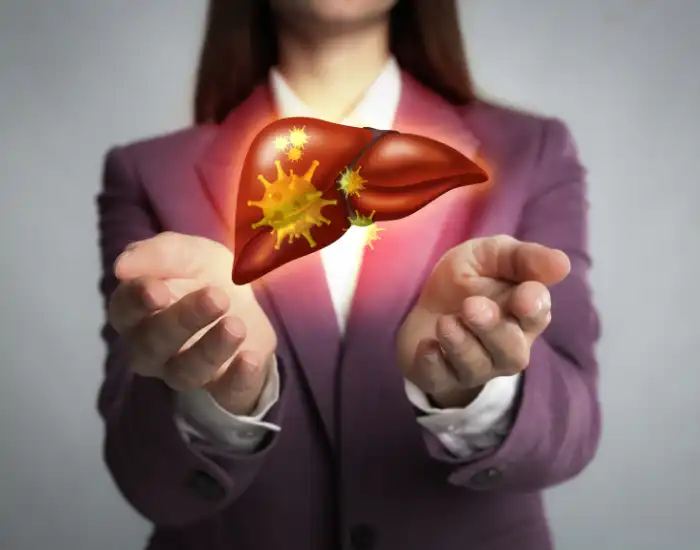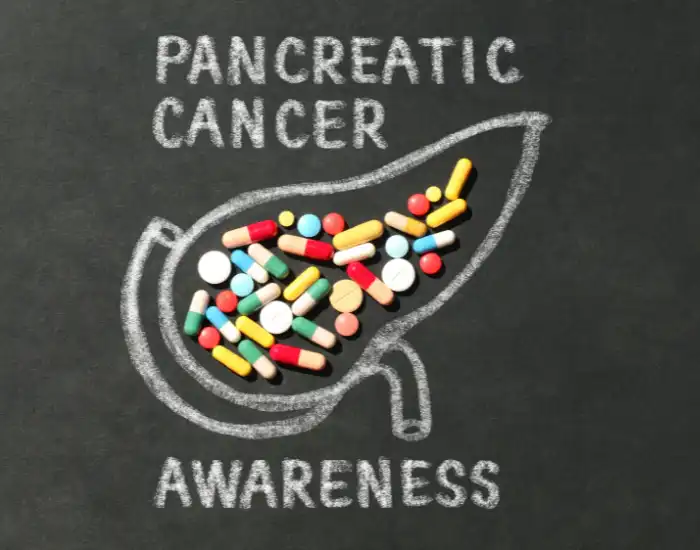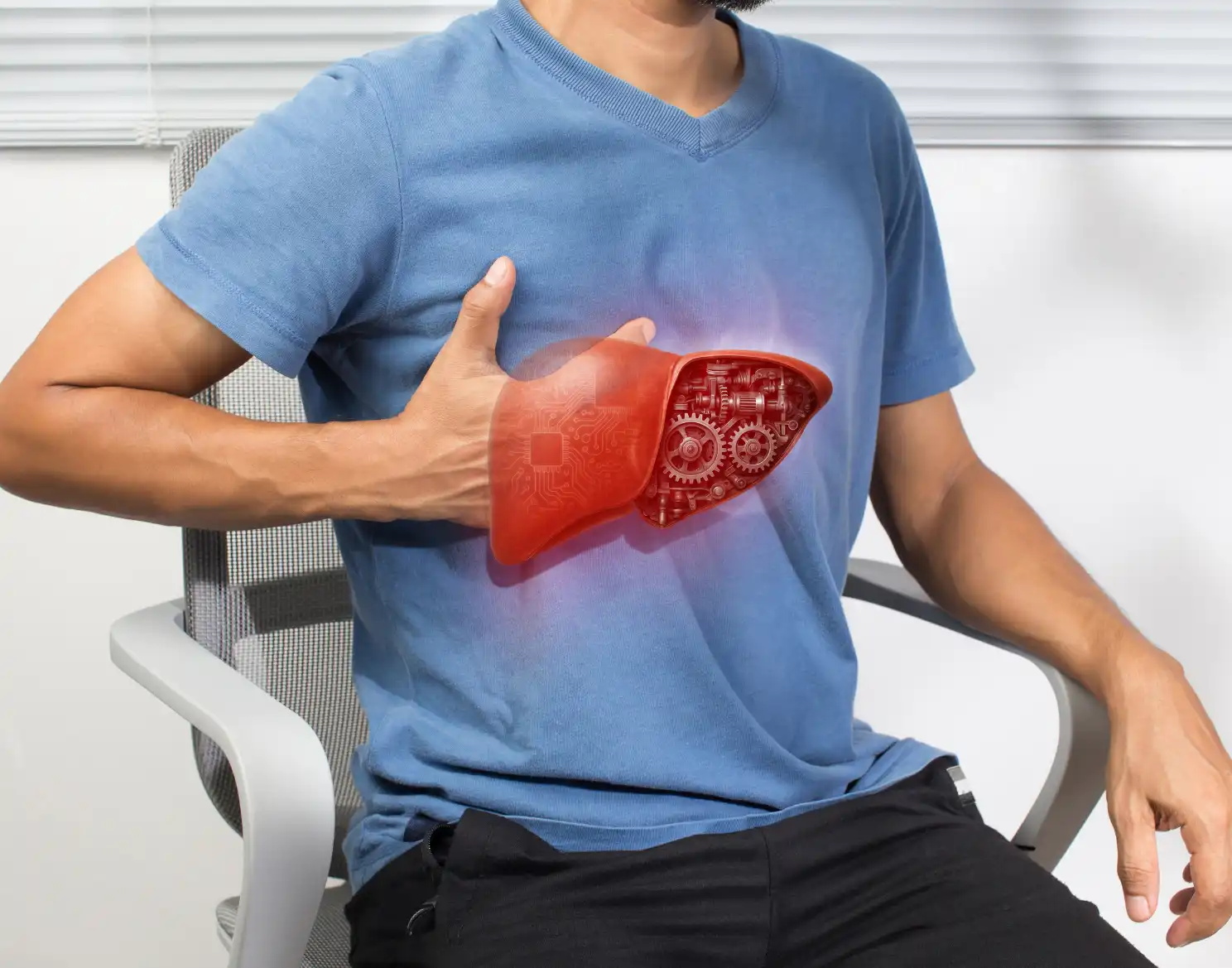A burning sensation in your chest, a sour taste in your mouth, persistent throat irritation, or discomfort after meals—these are classic signs of stomach acid backing up into the esophagus, a condition known as acid reflux. When this becomes frequent or severe, it may progress to GERD (Gastroesophageal Reflux Disease), a long-term condition that can affect your quality of life and damage the esophagus over time.
If you sometimes wonder, “Why does this keep happening?” or “What is causing this burning in my chest?”, this guide explains everything you need to know.
What Happens When Stomach Acid Backs Up Into the Esophagus?
Your stomach naturally produces acid to help digest food. A strong band of muscle called the lower esophageal sphincter (LES) normally keeps that acid where it belongs—inside your stomach.
However, when the LES becomes weak or relaxes at the wrong time:
-
Stomach acid travels upward
-
Irritates the lining of the esophagus
-
Causes burning pain, discomfort, and inflammation
This “backflow” is what we commonly call acid reflux.
Common Symptoms of Acid Reflux
People experiencing stomach acid backing up into the esophagus often report:
-
Burning chest pain (heartburn)
-
Sour or bitter taste in the mouth
-
Food or liquid coming back up (regurgitation)
-
Throat burning or irritation
-
Chronic cough or throat clearing
-
Hoarseness or voice changes
-
Trouble swallowing (dysphagia)
-
Feeling of a lump in the throat
-
Chest discomfort after eating
Symptoms may be worse:
-
At night
-
After large meals
-
When lying down
-
After eating spicy, acidic, or fatty foods
Why Does Stomach Acid Back Up?
Several factors weaken the LES or increase abdominal pressure, allowing acid to escape upward:
1. Hiatal Hernia
A portion of the stomach pushes upward through the diaphragm, making reflux more likely.
2. Obesity or Weight Gain
Extra abdominal pressure forces acid up into the esophagus.
3. Diet Triggers
Common foods and drinks that worsen reflux include:
-
Coffee
-
Alcohol
-
Tomato-based foods
-
Citrus
-
Spicy foods
-
Chocolate
-
Fried or fatty meals
4. Pregnancy
Hormonal changes and pressure on the stomach cause reflux.
5. Smoking
Tobacco weakens the LES.
6. Poor Eating Habits
Late-night meals, overeating, or lying down immediately after eating worsen symptoms.
Is It Dangerous When Stomach Acid Backs Up?
Occasional reflux is common, but chronic or untreated reflux can cause serious complications:
1. Esophagitis
Inflammation and irritation of the esophageal lining.
2. Esophageal Strictures
Scar tissue forms, causing narrowing and swallowing problems.
3. Barrett’s Esophagus
Precancerous changes in the esophagus due to constant acid exposure.
4. Increased Risk of Esophageal Cancer
Rare but associated with long-term untreated GERD.
When to See a Doctor
You should seek medical evaluation if you experience:
-
Heartburn more than twice a week
-
Pain that interferes with sleep or daily activities
-
Trouble swallowing
-
Unexplained weight loss
-
Frequent regurgitation or vomiting
-
Chest pain that mimics heart issues
These may indicate GERD, a hiatal hernia, or other complications requiring treatment.
Treatment Options
Lifestyle Changes
-
Eat smaller, more frequent meals
-
Avoid trigger foods
-
Lose weight if needed
-
Don’t lie down for 2–3 hours after eating
-
Elevate the head of your bed
Medications
-
Antacids
-
H2 blockers
-
Proton pump inhibitors (PPIs)
These reduce or neutralize stomach acid.
Reflux Surgery (for Severe or Chronic GERD)
If medications stop working or symptoms return frequently, surgical options such as laparoscopic anti-reflux surgery (e.g., Nissen Fundoplication or LINX procedure) help strengthen the LES and prevent acid from backing up.
This is especially helpful for:
-
Severe GERD
-
Large hiatal hernias
-
Patients who don’t want lifelong medication
-
Individuals with regurgitation, nighttime reflux, or breathing issues from reflux
Final Thoughts
Stomach acid backing up into the esophagus can range from mild discomfort to a chronic, life-disrupting condition that requires professional care. Recognizing symptoms early and understanding why they occur is the first step toward protecting your esophagus and restoring your quality of life.
For many patients, lifestyle changes and medications provide temporary relief. However, if symptoms persist, return frequently, or begin to affect your sleep, breathing, or ability to swallow, it may be time to consider specialized evaluation and surgical treatment.
At Surgical Associates of Southern Texas, our reflux specialists offer advanced diagnostic testing and minimally invasive anti-reflux procedures designed to strengthen the lower esophageal sphincter, correct hiatal hernias, and stop acid from moving upward. Our goal is to provide long-term relief, reduce medication dependence, and prevent complications such as esophagitis, strictures, or Barrett’s esophagus.
If you continue to experience persistent reflux symptoms, recurrent heartburn, regurgitation, or throat discomfort, schedule a consultation. The sooner reflux is properly treated, the sooner you can return to a healthier, more comfortable life.







